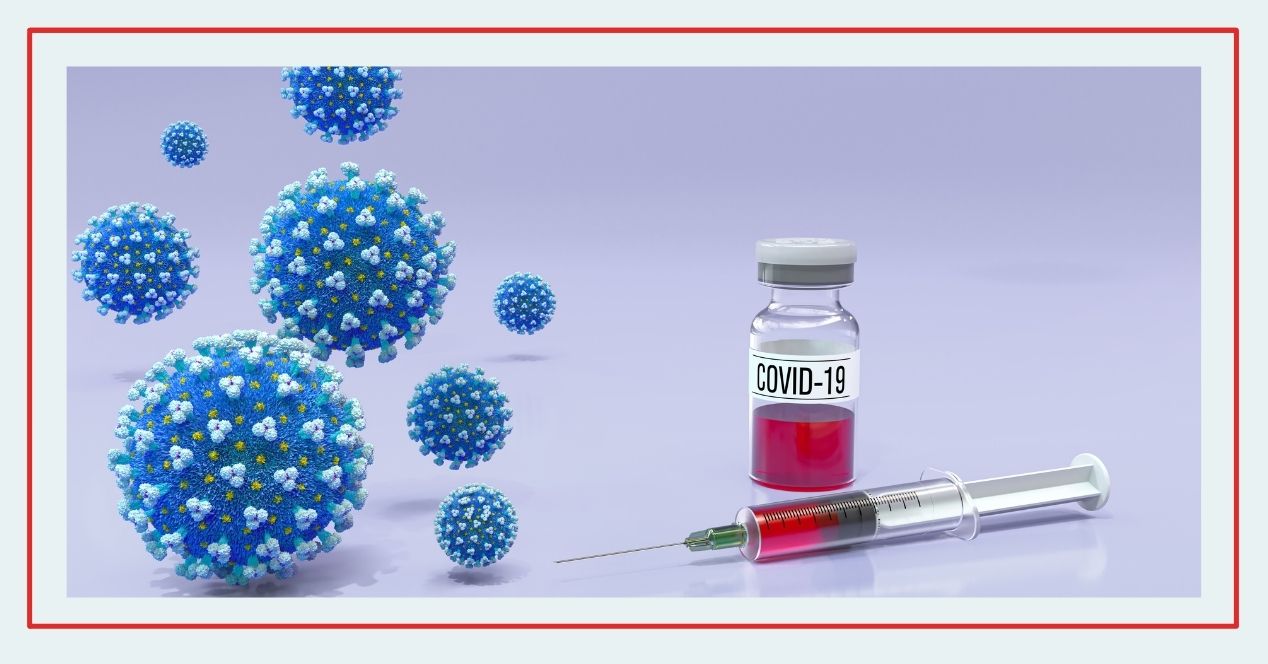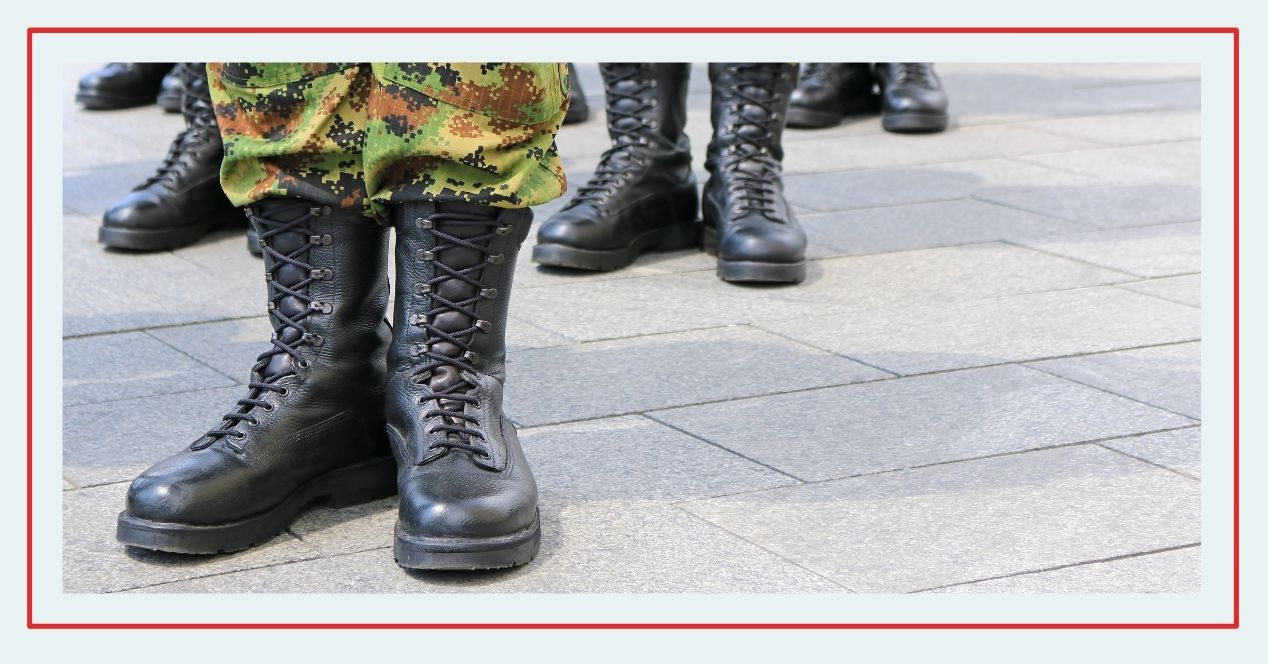Channel
SCO Explains: COVID Board Exam Hearings
We discuss the recent COVID Board Exam hearings and the schemes enacted by the CBSE and ICSE for the evaluation of Class 10, 11 and 12.
Transcript
In our previous episode of SCO explains Ayushi took us through the Suo Moto proceedings instituted by the Supreme Court in order to address the situation faced by migrant workers. We will continue to address the Supreme Court’s response to the different dimensions of the COVID crisis.
In today’s episode, we will take you through the ongoing proceedings on the cancellation of board exams for CBSE and ICSE. On the 27th of May Advocate Mamta Sharma filed a petition seeking the cancellation of board exams for class 12.The petitioner was concerned that the current conditions were unsafe for physical examination, which could result in delays for college admissions. A Vacation Bench constituted by Justice A.M. Khanwilkar and Justice Dinesh Maheshwari took charge of the proceedings. In June the Prime Minister announced that the CBSE exams for class 12 would be cancelled and the ICSE soon followed suit and cancelled their 12th boards as well.
With this, the focus of the hearing shifted from cancellation to deciding an objective criteria for evaluation of students. On June 3rd, the court ordered Attorney General KK Venugopal, appearing for the CBSE, and Senior Advocate JK Das, appearing for ICSE, to decide upon this objective evaluation criteria within two weeks. On the 17th of June, the Attorney General presented the CBSE scheme for the evaluation of students in classes 10, 11, and 12. Class 10 students will be evaluated based on the average of the three best subjects from internal school assessments, class 11 students will be evaluated based on the average of all internal assessments in their main subjects.
Finally class 12 students will be evaluated based on the aggregate of their marks so far in classes, 10, 11 and 12, including their projects and practicals. The CBSE scheme also requires that the schools establish a results committee for moderations. This committee will use the performance of the school in board exams from the past three years, as a reference point to ensure marks aren’t being inflated. The option for repeat exams was also provided for, in case students are unsatisfied with their results. This option, however, was said to be subject to the national COVID situation.
The Bench agreed with the Attorney Generals submissions. However, they did pass an order, supplementing the scheme. Firstly, the order required the creation of a dispute resolution mechanism for students to challenge their results. Secondly, both boards must have at least an outer limit deadline for the release of results and conducting the optional exams contained in the scheme, the Bench in response to resistance from the Attorney General acknowledged the fact that such a deadline could not be set in stone, but stated that the availability of this information within the scheme was necessary so that the students could access this information and have the most clarity to plan accordingly. Senior Advocate Vikas Singh, President of the Executive Committee of the Supreme Court Bar Association then appeared for the intervener.
He objected to the cancellation of physical exams and argued that internal assessments were non-uniform across schools. The examples of CLAT and NEET were invoked to argue that it was possible to conduct physical examinations in a controlled environment. However, the Bench rejected this argument stating that the scale of NEET and CLAT could not compare to the scale of conducting board exams and students would not be prejudiced since the option of improvement examinations would be made available.
On the 21st of June, Vikas Singh was allowed by the Bench to present suggestions regarding the scheme. He suggested that the student’s decision to opt for the improvement exam be taken before the results of the internal assessment aggregation were released to avoid the confusion that accompanies officially releasing two separate results. He then pointed out disparities in the ICSE and CBSE schemes, which allowed the CBSE more scope for manipulation as schools themselves were allowed to finalize data regarding marks. This was quickly rejected by the bench who stated that the boards operated in different manners. He finally argued that the moderation policy did not account for changes in student composition and new practices adopted by the school to improve performance.
The Senior Advocate also brought the Bench’s attention towards the writ petitions that were pending admission, that challenged the board’s decision to cancel the exams. The Bench listed these petitions to be heard the next day. In the latest hearing on the 22nd of June, the Court rejected Vikas Singh’s suggestions along with Advocate, Abhishek Choudhary’s concerns regarding private, second compartment and Patrachar students being treated differently.
The Bench found no reason to interfere with the CBSE and ICSE schemes and ordered that the optional improvement exam be conducted between August 15th and September 15th, with the UGC notifying colleges to consider these results as well. A more detailed account of the hearing so far is available on the Supreme Court Observer website.




